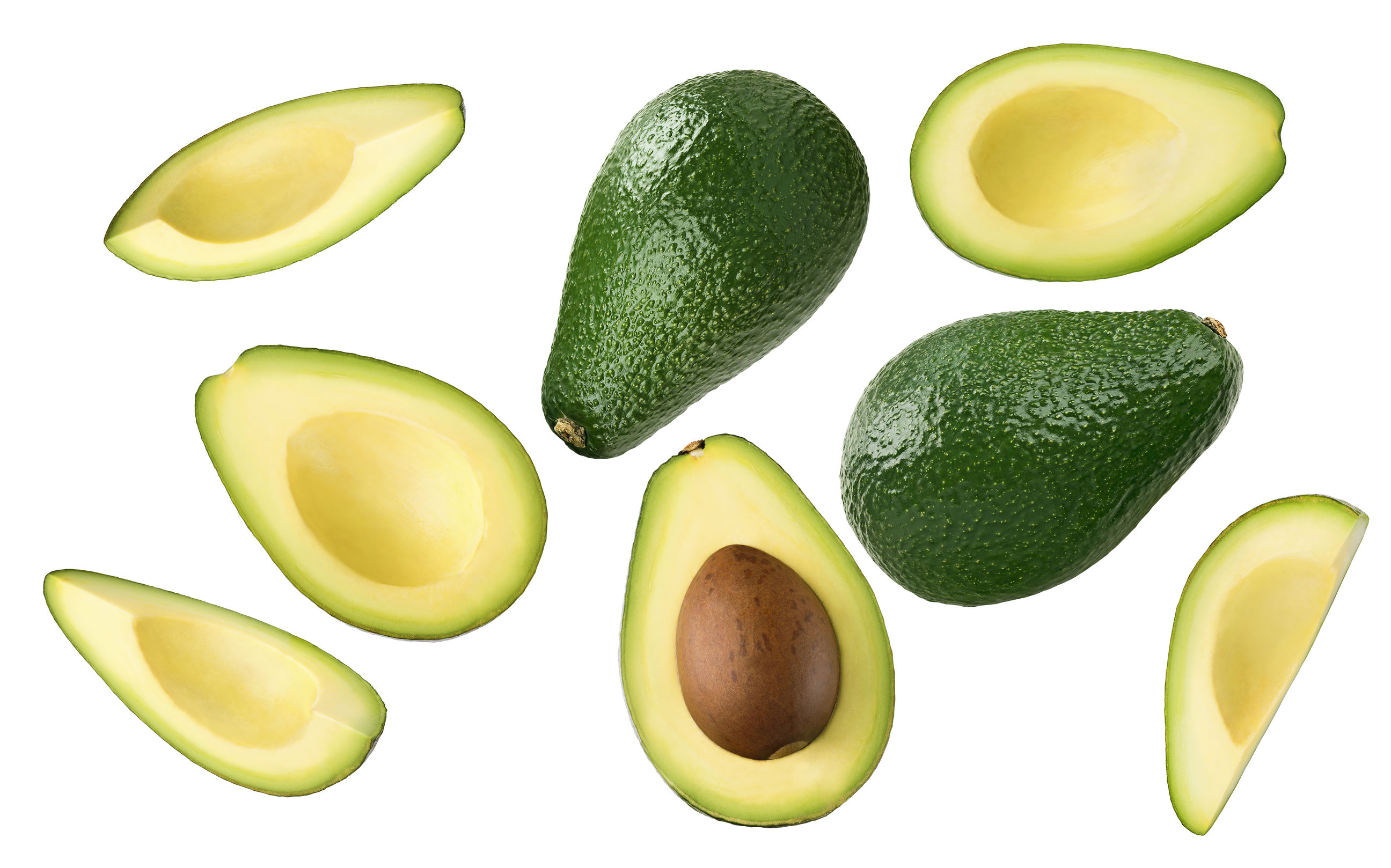”Michigan, do you feel like your habits give you a good balance when it comes to nutrition? Food is fuel, but it should also be something you enjoy. You can learn more in this week's article. We hope you find this helpful!
Reading time: 7 Minutes
MWi Hacks:
- Get an inside look at a world leading nutritionist philosophy
- Learn how to monitor your behavior for a balanced diet
MWi Summary:
- It is important to keep your entire diet in mind. Not all meals have to be perfectly healthy and it is okay to make room for treats.
- You can help yourself make better food choices by controlling your environment and being prepared in travel situations or busy work weeks.
- It is helpful to be mindful of sugar intake and remember that fats are a part of a healthy diet.
“Glenn Kearney is head of nutrition for the Lawn Tennis Association & advises Andy Murray on his diet.”
1. It’s OK to break the rules once in a while.
“During a week, you have at least 21 meals. If one of those is less than perfect, don’t stress,” he says. He advocates high-quality whole foods as much as possible – free-range meats, fish and eggs with lots of vegetables, some grains and pulses (such as lentils or chickpeas) and fits diet around the likes and dislikes of his clients.
2. Sugar isn’t a no-no, but be careful
People know that sweet foods contain sugar, but it’s important to check food labels in order to watch your intake – so many processed foods such as pasta sauces or cereals have hidden sugar (and salt).
My pet hate is seeing young athletes drinking 500ml of fruit juice in one go at lunchtime – that’s way too much sugar. Sports drinks are also sugar-laden and unnecessary for most people – water is much better. And while it’s a good idea to have something 45 minutes after an activity, I’d opt for a smoothie made of greens (such as baby spinach), a banana and some nuts and almond milk – a much better recovery food than a juice or sports drink for moderately active people.
3. Control your environment
If I have crisps in the house, I’ll eat them, and I’m a nutritionist – I know they’re empty calories and full of salt. So I don’t buy them as it’s much better not to have the temptation in the first place.
We are creatures of habit and our environment has a powerful influence on our eating behaviors. So manage your environment and good choices are so much easier.
4. Look at your food behavior
So many people eat too quickly without thinking about what they’re putting in their mouths. Tennis champion Novak Djokovic is the opposite and has written about the importance of being a mindful eater.
He prepares much of the organic gluten-free food he eats himself. While this might not be right for everyone, I advise my clients to look at the size of their plate, to look at when and what they’re eating. It can represent a daily opportunity for mindfulness.
5. Don’t become obsessed
It’s not what you eat in one meal but what you eat over the week. If you have a piece of cake or a bowl of chips during that week, that’s fine as long as you balance it with healthy foods and appropriate proportions most of the time.
6. Be prepared
If you travel a lot or work away from home, you’ll be tempted to buy fat-laden takeaway foods or other salty, sweet baked goods. It’s much better to buy or prepare something like a chicken salad with some carbohydrates such as pulses or sweet potato and lots of vegetables – or a simple soup.
7. Learn about fats
Thankfully, many people are now realizing the value of quality fat in our diets. For example, pure butter from grass-fed cows has essential fatty acids and is a clear winner for me over margarine. Most people don’t get enough omega 3 fatty acids in their diet either. Eating high-quality salmon, free-range beef or eggs and especially green leafy vegetables is important to maximize your intake of these powerful fats. They have roles in reducing inflammation, and promoting brain health and cell-to-cell communication. It’s a real game changer when you get these fats right in your diet.
MWi would like to thank Glenn Kearney for writing this article and supporting our community with expert insights. Follow this link to read the original article:
https://www.benenden.co.uk/be-healthy/nutrition/top-tips-for-serving-up-a-better-diet/
Glenn Kearney
Glenn Kearney is a leading sports nutritionist with years of experience working alongside top-ranked athletes, including three-time Grand Slam tournament winner and two-time Olympic gold medallist Andy Murray. Glenn became part of Team TRR when he approached us for assistance in developing supplements for Andy Murray.
From January 2003 until February 2008, Glenn worked as the lead nutritionist for the All Blacks, the New Zealand national rugby union team. Following his success with the All Blacks, Kearney moved on to become the Lead Nutritionist at both UK Athletics and the Lawn Tennis Association, where he was part of the 2015 World Champion Davis Cup team.






